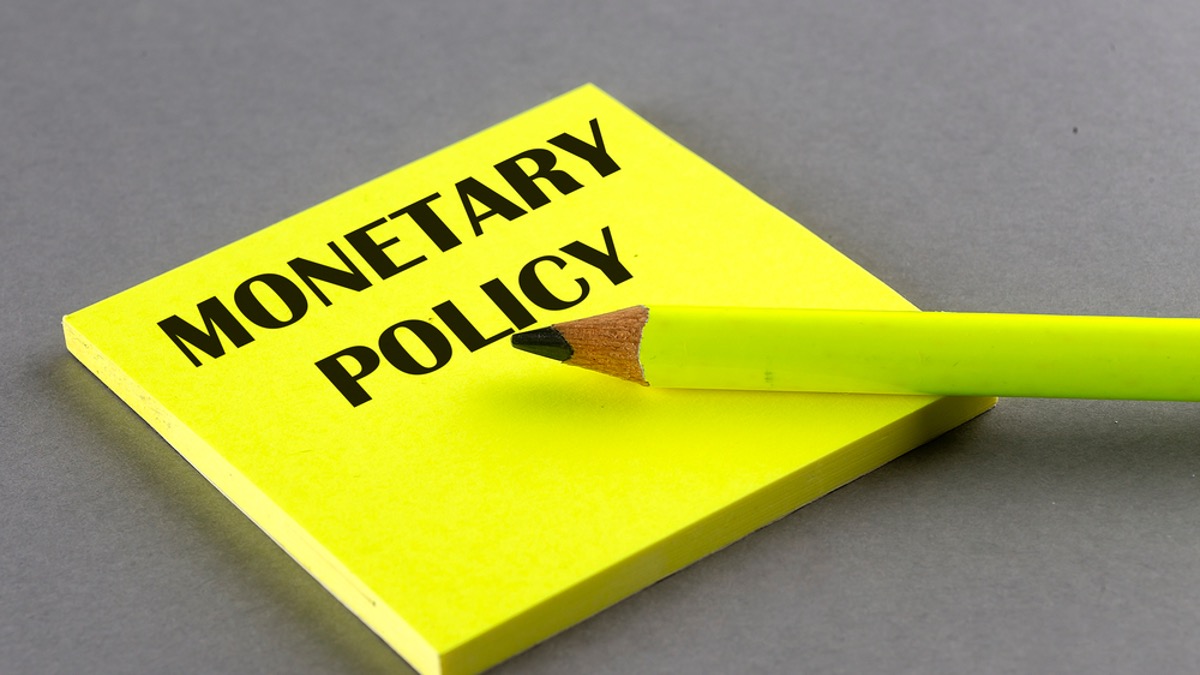Nigeria’s monetary policy is poised for a challenging year in 2025 as soaring US Treasury yields and a stronger dollar reshape global financial markets. The Federal Reserve’s continued hawkish stance, aimed at curbing inflation in the United States, is causing capital flows to shift away from emerging markets, including Nigeria. This global tightening cycle presents a difficult balancing act for the Central Bank of Nigeria (CBN) as it grapples with inflation, forex volatility, and the need to support domestic economic growth.
US Bond Yields and Their Global Impact
1. Rising US Treasury Yields
US Treasury yields have reached multi-year highs, driven by persistent inflation and aggressive monetary tightening by the Federal Reserve. These elevated yields attract global investors, diverting capital from riskier emerging markets.
2. Strengthening Dollar
The Dollar Index, which measures the dollar’s strength against major currencies, has surged alongside US yields. For Nigeria, a stronger dollar increases the cost of servicing external debt, pressures the naira, and amplifies the cost of imports.
Challenges for Nigerian Monetary Policy in 2025
1. Inflationary Pressures
- Nigeria’s inflation rate stood at 34.6% by the end of 2024, driven by high import costs and domestic supply chain inefficiencies.
- A depreciating naira, fueled by declining forex reserves and capital outflows, will further increase import costs, exacerbating inflation.
2. Forex Market Volatility
- The naira is expected to face significant volatility in 2025 due to reduced foreign inflows and rising demand for dollars.
- Forex shortages could force businesses to rely on the parallel market, widening the gap between official and unofficial exchange rates.
3. Capital Flight Risks
- Elevated US yields make Nigerian assets less attractive to foreign investors, increasing the risk of capital outflows.
- Reduced portfolio and foreign direct investment (FDI) inflows will strain forex reserves, limiting the CBN’s ability to stabilize the naira.
4. Higher Borrowing Costs
- To attract capital, Nigeria’s sovereign and corporate bond yields will need to rise, increasing borrowing costs for both the government and businesses.
- Elevated domestic interest rates could stifle private sector investment and slow economic growth.
CBN’s Policy Dilemma
1. Interest Rate Balancing Act
- The CBN may consider raising its policy rate, currently at 27.5%, to attract foreign capital and stabilize the naira. However, this would further increase borrowing costs for businesses and consumers.
- Maintaining or lowering rates could support domestic growth but risk accelerating capital outflows and inflation.
2. Forex Market Intervention
- Limited forex reserves restrict the CBN’s ability to intervene effectively in currency markets, leaving the naira vulnerable to speculative attacks.
- Transparent and predictable forex policies will be crucial to restoring investor confidence.
3. Supporting Economic Growth
- Tightening monetary policy to combat inflation and stabilize the naira may conflict with the need to support growth in a fragile economic environment.
Sectoral Impact
1. Banking and Financial Services
- Banks may face reduced forex liquidity, impacting their ability to support trade and external transactions.
- Rising non-performing loans (NPLs) are likely as businesses struggle with higher borrowing costs and reduced profitability.
2. Manufacturing
- Import-dependent manufacturers will experience rising costs due to currency depreciation and forex shortages, reducing competitiveness.
3. Agriculture
- Farmers relying on imported fertilizers and equipment may face higher costs, impacting food production and contributing to inflation.
4. Consumer Goods
- Rising inflation and reduced purchasing power will slow demand for consumer goods, squeezing margins for retailers and manufacturers.
Strategies for Navigating 2025’s Monetary Challenges
1. Strengthen Forex Reserves
- Encouraging diaspora remittances and FDI can boost forex inflows and provide a buffer against external shocks.
- Promoting non-oil exports, particularly in agriculture and manufacturing, can diversify forex earnings.
2. Targeted Inflation Control
- Addressing supply-side inflation through investments in infrastructure, agriculture, and logistics can reduce production and distribution costs.
- Subsidies or tax incentives for critical industries can help stabilize prices without over-relying on monetary tightening.
3. Deepen Local Capital Markets
- Developing local capital markets through innovative financial instruments, such as green bonds and sukuk, can reduce reliance on external borrowing.
- Encouraging domestic savings and investments will enhance market liquidity.
4. Leverage Regional Trade Opportunities
- Expanding intra-African trade through the African Continental Free Trade Area (AfCFTA) can open new markets for Nigerian goods, reducing dependency on dollar-dominated trade flows.
5. Transparent Communication
- Clear communication of monetary policy objectives will be critical to maintaining investor confidence and managing market expectations.
Opportunities Amid Challenges
1. Export Competitiveness
- A weaker naira could make Nigerian goods more competitive in global markets, presenting opportunities for exporters to expand their reach.
2. Domestic Investment Growth
- Reduced foreign inflows may encourage local investors to increase participation in equity and bond markets, fostering financial resilience.
3. Technological Innovation
- Fintech solutions can enhance efficiency in the financial sector, supporting businesses and consumers during periods of monetary tightening.
4. Green and Sustainable Financing
- Issuing green bonds and promoting renewable energy projects can attract environmentally conscious investors and diversify funding sources.
The Way Forward
For Policymakers
- Balancing inflation control, forex stability, and economic growth will require a mix of monetary, fiscal, and structural policies.
- Engaging with international financial institutions for concessional financing and technical support can ease short-term pressures.
For Businesses
- Export-oriented businesses should focus on improving competitiveness and exploring new markets.
- Import-dependent industries must adopt cost-saving strategies and explore local sourcing to mitigate forex risks.
For Investors
- Long-term investors can identify opportunities in undervalued equities and growth sectors, such as agriculture, technology, and renewable energy.
Conclusion
As US bond yields signal global tightening, Nigeria’s monetary policy faces significant challenges in 2025. Rising inflation, forex volatility, and reduced foreign investment inflows will test the resilience of the Central Bank of Nigeria and the broader economy.
Proactive policies that prioritize economic diversification, forex stability, and structural reforms will be essential to navigating this turbulent period. Collaboration between policymakers, businesses, and international partners will play a critical role in ensuring sustainable growth and financial stability.
